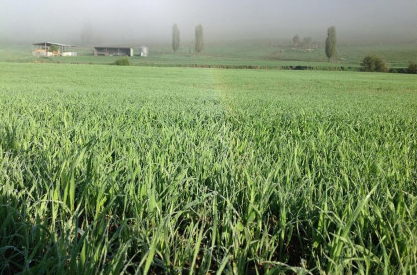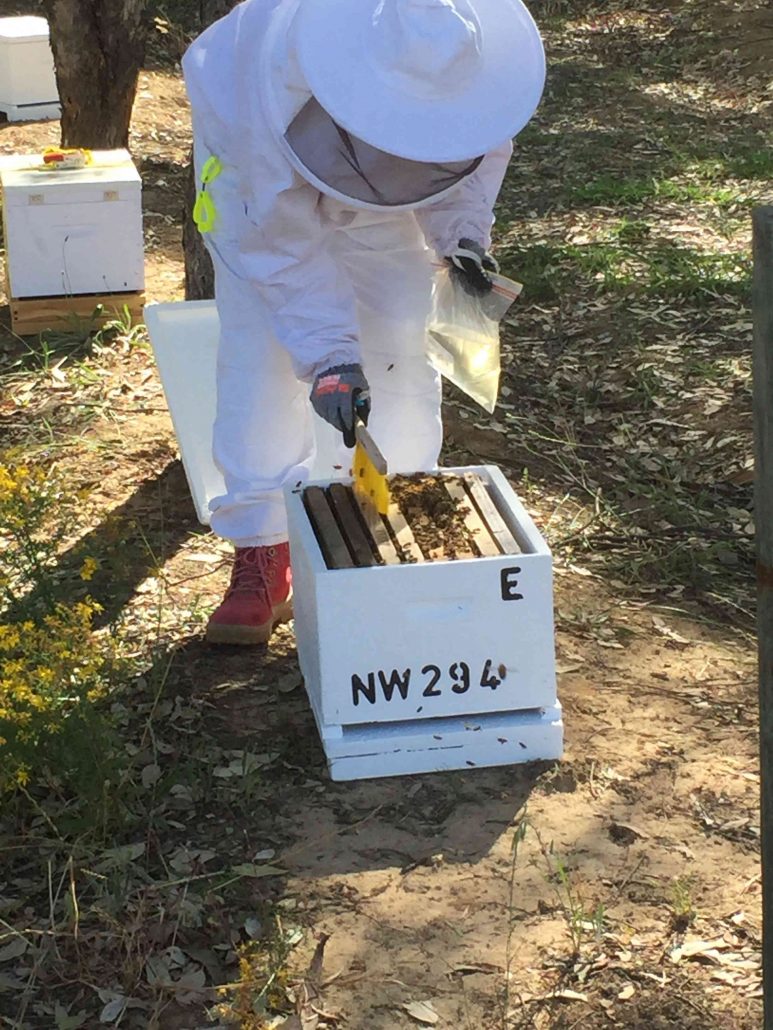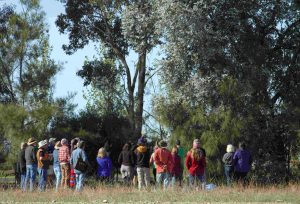Farming with changes
A one day event, to be held in Bathurst in November, aims to focus on the positive aspects of economic and environmental sustainability of farming in Australia.
Organised by Greening Bathurst, the Our Farming Future conference will center on the themes of farming with nature and climate change.
Regenerative farming, sustainable grazing, Aboriginal farming practices and ecological agriculture will be some of the topics covered.
Dr Charles Massy, Cooma grazier and author, and Bruce Pascoe, Kulin man, farmer, fisher and author of ‘Dark Emu’, will be the keynote speakers. The remaining sessions will be presented by ten farmers from the region, including Colin Seis and David Lowe, sharing their good news stories.

The one day conference will be held from 9am-5pm on Saturday 10 November at the Flannery Centre, 341 Havannah St, Bathurst.
Conference registration is $50 ($25 concession) and includes lunch and web access to outcomes. Attendees are invited to stay for post conference drinks and finger food at an additional $20. To register online visit: www.greeningbathurst.org.au/events.
Watershed Landcare would like to support members of our community to attend the conference and
to help make this happen we are organising a bus to Bathurst to make it easier for you to get there and enjoy the day. You can then stay on the for post conference drinks and network with other attendees before heading back home.
The bus will leave Mudgee at 6:45am from the LLS office (112 Market Street) and depart from Bathurst at approximatley 7:30-8pm. The bus can do a pick up at Aarons Pass and/or Ilford if needed. The bus will be free for Watershed Landcare financial members and $15 for non-members.
For more details or to reserve your seat please contact Watershed Landcare Coordinator, Claudia Wythes: claudia.wythes@watershedlandcare.com.au.


